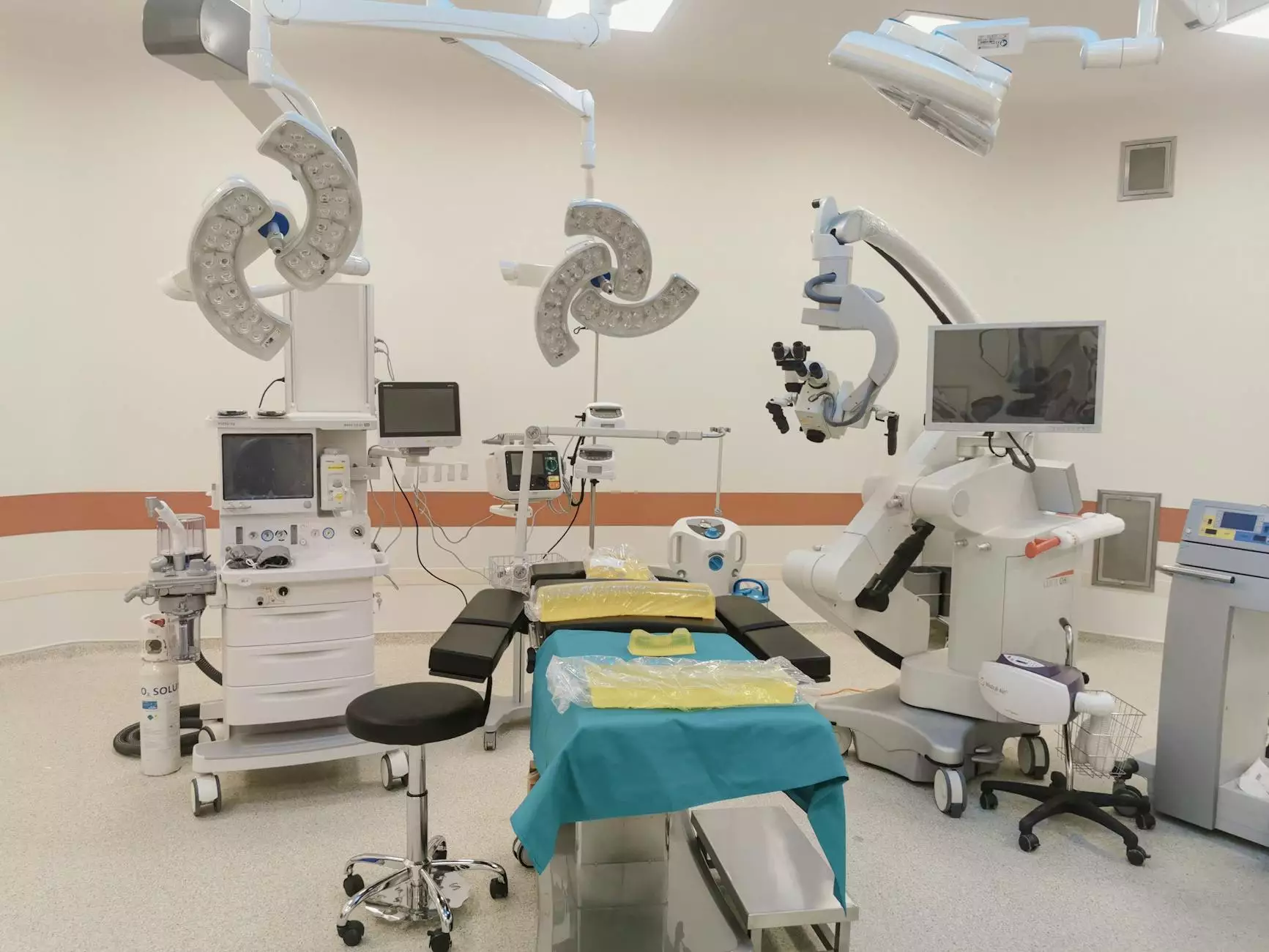The Integral Role of the Oncology Doctor in Modern Healthcare

Oncology doctors, or oncologists, are pivotal figures in the healthcare landscape, specializing in the diagnosis, treatment, and management of cancer. Their expertise extends beyond merely treating the disease; they are integral to the entire patient journey, from the initial diagnosis to the survivorship phase. In this comprehensive article, we will delve into the myriad aspects of an oncology doctor's role, the significance of their work in hospitals, and how they contribute to both patient outcomes and advancements in cancer research.
Understanding the Role of an Oncology Doctor
At its core, the role of an oncology doctor is multifaceted. Oncologists are not only medical professionals; they are often leaders in interdisciplinary teams dedicated to providing holistic care to cancer patients. Here are some key responsibilities they undertake:
- Diagnosis: Utilizing advanced imaging, laboratory tests, and pathological assessments to confirm cancer presence.
- Treatment Planning: Crafting individualized treatment plans that may include chemotherapy, radiation, immunotherapy, and surgical options.
- Patient Management: Monitoring treatment efficacy and managing side effects throughout the treatment journey.
- Research Participation: Engaging in clinical trials and studies to contribute to advancements in cancer treatment protocols.
- Patient and Family Support: Providing education, resources, and emotional support to patients and their families.
The Importance of Early Diagnosis in Cancer Care
Early detection of cancer significantly enhances treatment success rates. Oncology doctors play a critical role in promoting and facilitating early screening and diagnosis. They work closely with primary care physicians, urging patients to participate in routine screenings based on individual risk factors.
Screening Techniques Commonly Recommended by Oncology Doctors
Common screening techniques that oncology doctors advocate include:
- Mammograms: Essential for the early detection of breast cancer.
- Colonoscopies: Crucial for identifying colorectal cancer at its earliest stages.
- PAP tests: Important for preventing cervical cancer through early identification of abnormal cells.
- Low-dose CT scans: Recommended for high-risk individuals to detect lung cancer early.
Comprehensive Treatment Approaches by Oncology Doctors
Once a diagnosis has been confirmed, the oncology doctor embarks on formulating a comprehensive treatment regime tailored specifically to the patient's condition. Treatment is not a one-size-fits-all approach. Factors such as the type of cancer, stage of disease, and the patient's overall health are taken into account.
Key Treatment Modalities Employed by Oncology Doctors
Some of the predominant treatment modalities employed by oncology doctors include:
- Surgery: Involves the removal of tumors and surrounding tissue, potentially offering a curative approach, especially for localized cancers.
- Chemotherapy: Utilizes potent drugs to kill cancer cells or inhibit their growth, often used in both curative and palliative settings.
- Radiation Therapy: Entails the use of high-energy rays to target and destroy cancer cells while minimizing damage to surrounding healthy tissue.
- Immunotherapy: A newer approach that enables the body’s immune system to recognize and combat cancer cells effectively.
- Targeted Therapy: Focuses on specific cellular pathways involved in tumor growth, resulting in less damage to healthy cells.
The Role of an Oncology Doctor in Multidisciplinary Teams
Oncology care is invariably multidisciplinary, often involving collaboration with a range of professionals including surgeons, radiologists, pathologists, nurses, and social workers. The oncology doctor serves as the team leader, orchestrating care from various specialties to ensure a unified approach to treatment.
Benefits of Multidisciplinary Care
The collaborative model of care offers numerous advantages:
- Integrated Treatment Plans: Combining different specialties allows for comprehensive strategies addressing all aspects of the patient’s health.
- Enhanced Communication: Regular interdisciplinary meetings enhance communication, ensuring all team members are informed about the patient's progress.
- Supportive Care: Patients receive holistic support, addressing physical, emotional, and psychological needs throughout treatment.
Palliative Care and the Oncology Doctor's Role
Palliative care is a crucial aspect of oncology practice. It does not solely focus on end-of-life care but is about improving quality of life for patients at any stage of cancer. Oncology doctors are vital in initiating palliative care discussions and integrating these services into the treatment plan.
Goals of Palliative Care in Oncology
- Pain Management: Addressing pain through pharmaceuticals and alternative therapies.
- Symptom Relief: Mitigating side effects associated with cancer treatments.
- Emotional Support: Offering psychological support to patients and their families to navigate the emotional toll of cancer.
Research and Advancements in Oncology
The field of oncology is vibrant and constantly evolving, largely due to the contributions of dedicated oncology doctors. Many oncologists engage in groundbreaking research that leads to significant advancements in cancer treatment. Their role as both clinicians and researchers enables them to implement cutting-edge therapies and techniques directly into patient care.
Key Areas of Research in Oncology
Some of the prominent areas of research which oncology doctors are involved in include:
- Genetic Research: Understanding the genetic mutations that contribute to cancer development.
- Immunotherapy Trials: Focusing on the effectiveness of novel immune-based treatments.
- Clinical Trials: Conducting trials that test innovative treatments to find safer and more effective options for patients.
- Cancer Epidemiology: Studying the patterns, causes, and effects of cancer in populations.
Patient Education and Empowerment
Oncology doctors play a significant role in empowering patients through education. They provide essential information about:
- Cancer Types: Educating patients on their specific type of cancer, its characteristics, and typical progression.
- Treatment Options: Discussing potential treatments, their benefits, and possible risks involved.
- Lifestyle Changes: Advising on lifestyle modifications that can improve overall health and potentially reduce cancer recurrence.
Conclusion
The contribution of the oncology doctor cannot be overstated in today's healthcare environment. They serve as patient advocates, leaders in multidisciplinary teams, and drivers of research and innovation in the fight against cancer. Their dedication to improving patient care and advancing cancer treatment protocols has a lasting impact on both individual lives and the broader medical community.
As we continue to witness advancements in this field, the ongoing training, commitment, and compassion of oncology doctors will remain critical to delivering effective cancer care and improving the quality of life for patients navigating this challenging journey.









